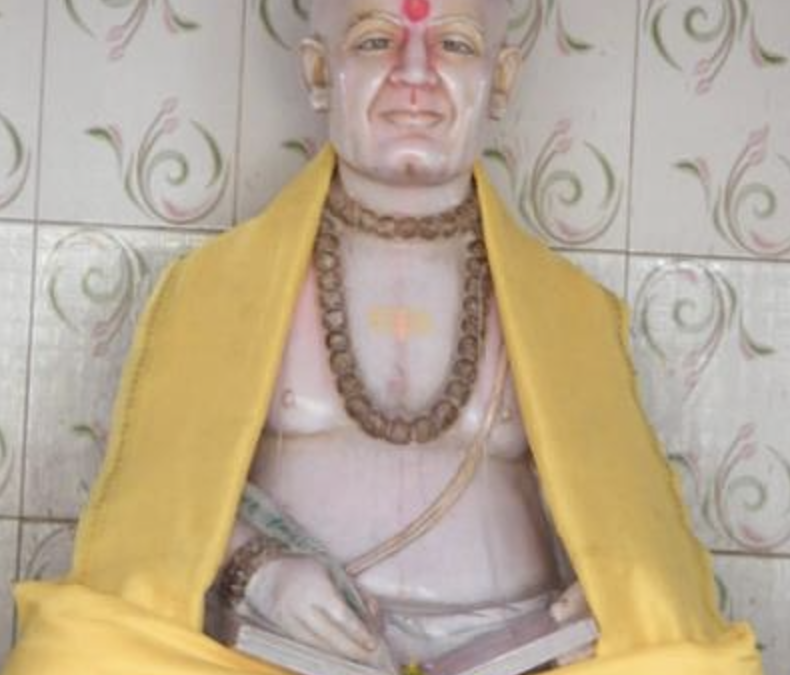Udayanacharya Statue. Photo by pravendrakt from Wikimedia Commons.
Speaker: Bogdan Diaconescu (University of Oxford)
Date: Monday 2 December 2024 (Week 8 MT)
Basement Teaching Room 1 at 5:00pm
Faculty of Asian and Middle Eastern Studies
Pusey Lane, Oxford, OX1 2LE
All Welcome
Tea and snacks at 4:30–4:50pm (Common Room in the basement)
All enquiries: pyi.kyaw@ames.ox.ac.uk
Glorisun Lecture Series in Buddhist Studies 2024-2025
Kindly supported by Glorisun Global Network for Buddhist Studies
Abstract:
The outstanding Hindu logician Udayana (c. 1000) elaborates a comprehensive philosophy of language that covers vast areas of analysis, carrying out a detailed investigation on how language produces meaning and how this is cognized. Udayana enquires into large questions of hermeneutics concerning scriptural authority and the meaning of Vedic statements, and investigates in detail the ordinary, non-Vedic language. This philosophy is elaborated in debate with thinkers of other schools, Brahmanical and Buddhist.
In a brilliant defence of the Nyāya form of realism, Udayana refutes a number of Buddhist arguments about the nature of reality such as the theory of momentariness, the workings of causation, and the denial of ātman. He turns here too to the analysis of language and finds reasons for rejecting the Buddhist theory of exclusion (apoha). This paper presents this intricate debate on the theory of meaning.
Speaker:
Bogdan Diaconescu (Lecturer in Sanskrit, Faculty of Asian and Middle Eastern Studies, University of Oxford) is an Indologist and scholar of religion who specializes in Indian systematic thought and Sanskrit knowledge systems, studied in their various historical and cultural interactions.

